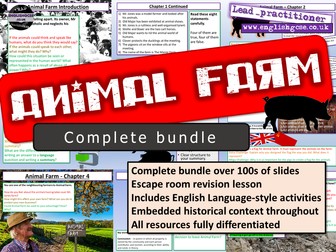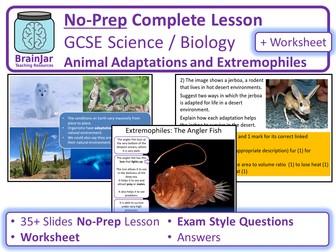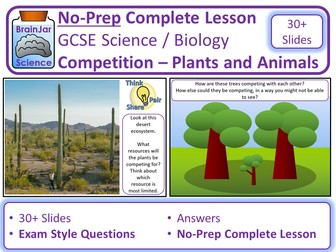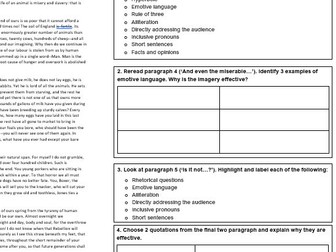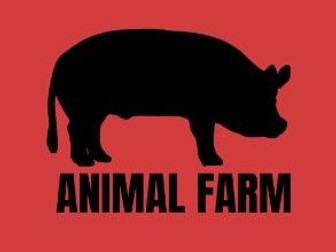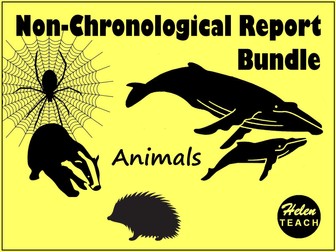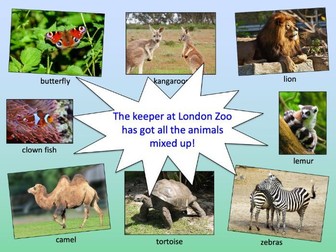Bundle

Animal Farm
TWENTY fully differentiated lessons for both KS3 and KS4 students on George Orwell’s Animal Farm. Ideal preparation for students working towards AQA English Literature Paper 2.
Lesson 1: FREE TO DOWNLOAD HERE
We analyze all the major characters introduced in Chapter One and some clues about context and deeper symbolic meaning. Students evaluate how each character is introduced, including Mr Jones, Boxer, Clover, Old Major and more.
Lesson 2: We look at Old Major’s speech to the animals in Chapter 1 and how he uses language to influence the animals into supporting his cause. Additionally, we explore the song Beasts of England and evaluate how it affects the animals on the farm.
Lesson 3: This focuses on the first half of Chapter 2. Students analyze key sections of the chapter to develop an understanding of characters, plot and also historical context. Recently revamped and expanded.
Lesson 4: We create summaries regarding the characters, and how plot and themes are developed in the rest of Chapter 2.
Lesson 5: This lesson focuses on Chapter 3 and supports students in analyzing the behaviour of the pigs around the other animals including Boxer, Squealer, Snowball and Napoleon.
Lesson 6: This lesson focuses on Chapter 4 and supports students in analyzing language and structure.
Lesson 7: We look at the importance of the Windmill in Chapter 5, at what happens between Snowball and Napoleon and how Napoleon uses the puppies to tighten his grip on power.
Lesson 8: Now we focus on Chapter 5 and the opening to Chapter 6. We look closely at the battle between Snowball and Napoleon as well as Squealer’s use of language to appease the animals and their initial anger.
Lesson 9: This lesson focuses on Chapter 6, historical context and creating analytical paragraphs.
Lesson 10: We explore the symbolic significance of the windmill in the text and students develop a more detailed understanding of context.
Lesson 11: We find out how tension is building in Chapter 7, the significance of Mr Whymper and why Snowball is portrayed as to blame for everything or a scapegoat. Additionally, students explode quotes and develop their language analysis skills.
Lesson 12: Recap Animal Farm by George Orwell through an engaging escape room lesson! It is filled with codes, puzzles and activities to get students to revise characters, themes and contexts as they work in groups or ‘escape crews’ to get out of the Windmill! Includes answers for every mystery and puzzle (see the notes attached in the PowerPoint) and is a brilliant way to help students in their learning.
Lesson 13: Animal Farm lesson that focuses on Boxer and how he is presented in Chapter 7 plus earlier parts of the texts. We explore how Napoleon’s trials and executions of many animals mimic those of the Stalin show trials of the 1930s, as well as how the animals react to the death and destruction they witness.
Lesson 14: We explore the cult of personality around Napoleon and how this links into historical context, as well as analysing the key events of the Battle of the Windmill and why the pigs’ discovery of alcohol might be the beginning of the end for the animals on Animal Farm.
Lesson 15: FREE TO DOWNLOAD HERE
Animal Farm lesson that explores how Boxer leaves and what happens to him, how the animals react to this and how they are manipulated by Squealer, and how and why Moses is allowed to stay at the farm despite spreading ideas about Sugarcandy Mountain.
Also includes an escape room revision lesson, knowledge organiser and full scheme of work document!
Check out our English Shop for loads more free and inexpensive KS3, KS4, KS5, Literacy and whole school resources.
AQA English Language Paper 1 and Paper 2 Knowledge Organisers
AQA English Language Paper 1 Section A package
AQA English Language Paper 1 Sections A and B package
AQA English Language Paper 1 package
AQA English Language Paper 2 Question 5 package
AQA English Language Paper 1 Question 5 package
AQA English Language Paper 2 Section A package
AQA English Language and English Literature revision package
An Inspector Calls whole scheme package
An Inspector Calls revision package
Macbeth whole scheme package
Macbeth revision package
A Christmas Carol whole scheme package
A Christmas Carol revision package
Jekyll and Hyde whole scheme package
Jekyll and Hyde revision package
Romeo and Juliet whole scheme package
Power and Conflict poetry comparing poems package
Power and Conflict poetry whole scheme package
Love and Relationships poetry whole scheme package
Unseen Poetry whole scheme package
